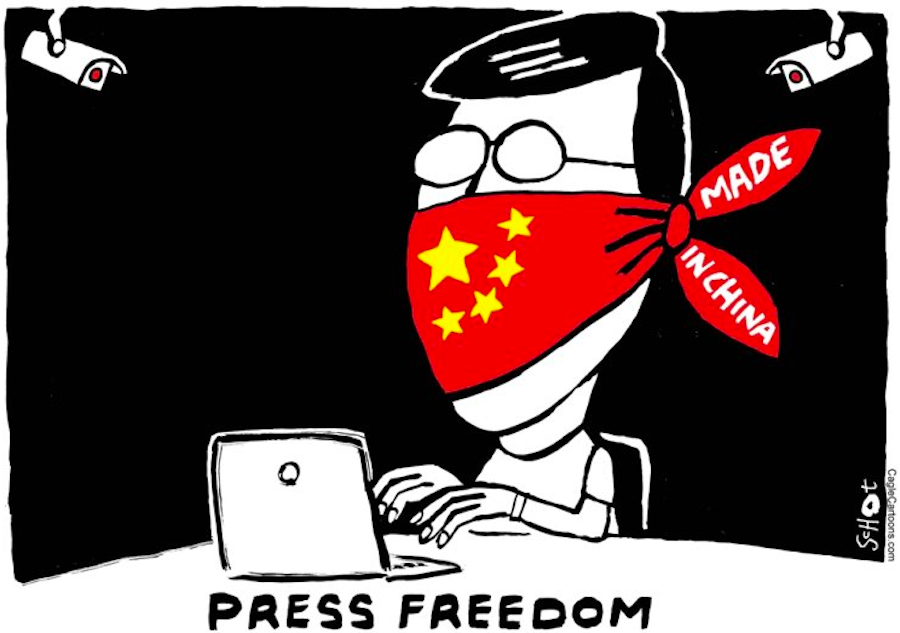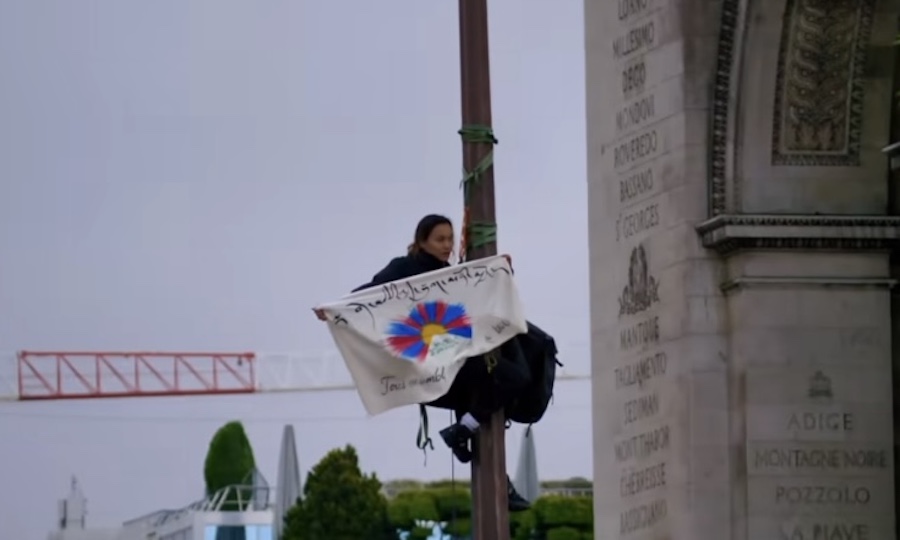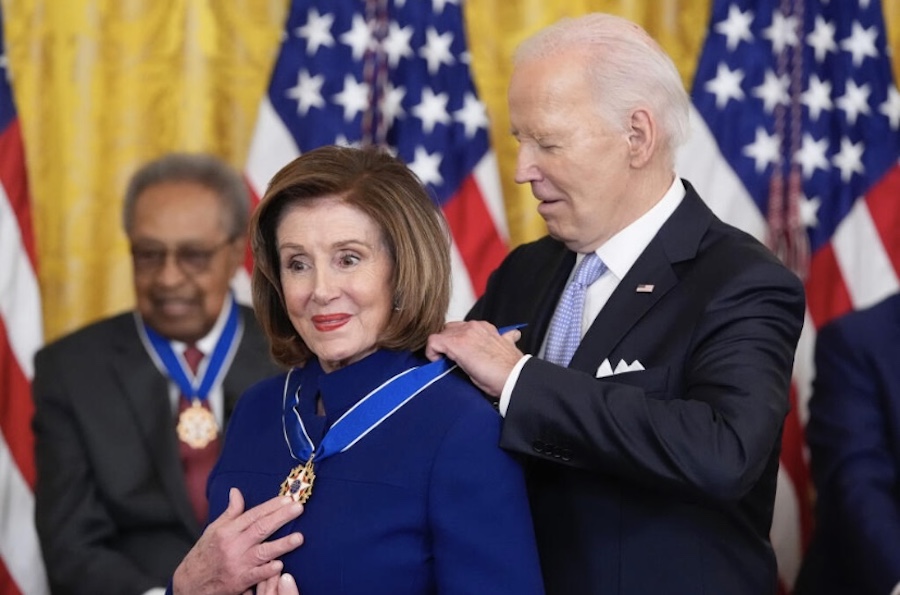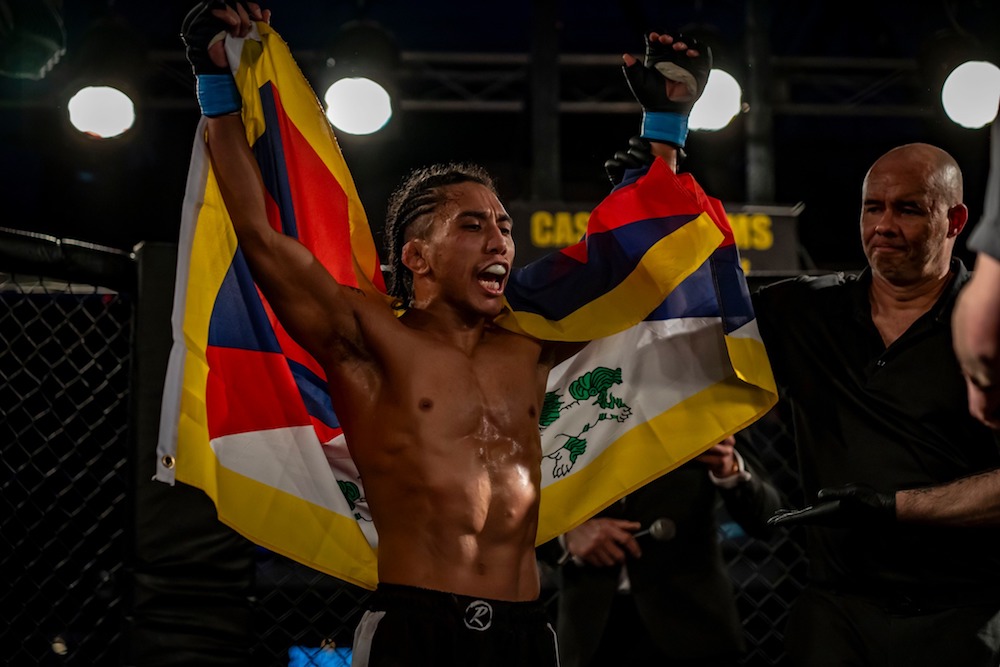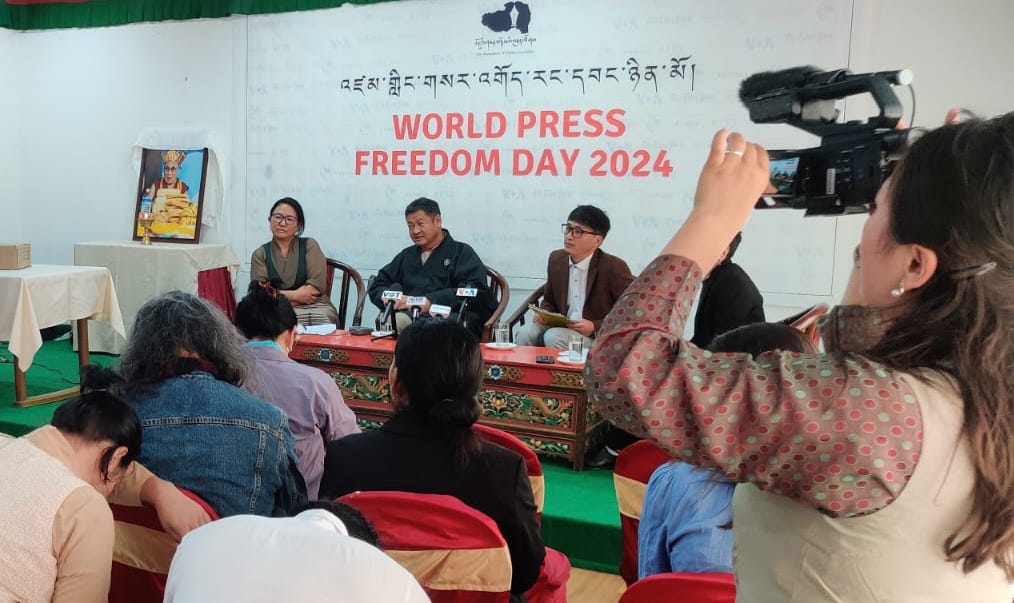Many pundits believe that, if Taiwan President Ma Ying-jeou could meet People’s Republic of China State Chairman Hu Jintao met and signed a cross-strait peace agreement, both would certainly be nominated for the Nobel Peace Prize.
However, developments related to last week’s meeting in Washington D.C. between two Nobel Peace Prize laureates, namely Tibet spiritual leader Dalai Lama and United States President Barack Hussein Obama, indicate that Ma would not dare to sit as an equal with Hu, even if the PRC authorities genuinely wanted to sign a peace pact with Taiwan.
Firstly, since taking office in May 2000, Ma himself has rejected several requests by the Dalai Lama to visit Taiwan and initially turned a deaf ear to the Tibetan Buddhist leader’s desire to hold a prayer meeting for the victims of Typhoon Morakot last August.
The second factor was the hysterically overblown angry reaction in Beijing to Obama’s low-profile meeting with the Dalai Lama.
The Dalai Lama is a senior Nobel Peace Prize laureate having received this honor in 1989 for his efforts to “promote freedom in Tibet and find a non-violent solution to the Tibet problem,” while Obama only received his peace prize last year in a surprising and controversial decision that apparently reflected more the hopes of the Nobel judges (and much of world opinion) than the new U.S. president’s actual achievements.
During his first year in office, Obama has made compromises to the PRC, including delaying meeting the Dalai Lama, in hopes of securing Beijing’s assistance in facing the world economic crisis and other hot spots from North Korea to Iran, but has received precious little goodwill from the PRC leadership in return for his concessions on human rights and U.S.-China trade.
Beijing has not displayed any intention of assisting Washington promote international peace through resolving the nuclear crises in North Korea or Iran.
Moreover, PRC Premier Wen Jiabao treated Obama with disrespect bordering on contempt during the world climate change summit in Copenhagen in December as Wen twice kept the U.S. president waiting for scheduled meetings during Obama’s last-minute push to achieve some sort of consensual agreement.
Most news media has maintained that Obama decided to meet the Dalai Lama in the White House Map Room instead of the Oval Office out of deference to Beijing’s sensitivities, but, as far as the Tibetan spiritual leader was concerned, meeting the president of the United States in the White House was a political triumph, regardless in which room their conversation was held.
Indeed, besides showing Washington’s unwillingness to dance to Beijing’s tune, Obama’s decisions to meet with the Dalai Lama, allow the Tibetan leader meet with Secretary of State Hillary Clinton and numerous congressional leaders, and hold a public news conference at the National Endowment for Democracy, was a direct consequence of Beijing’s own shameful behavior toward the Dalai Lama and its criminal and bloody suppression of human rights in Tibet and the rest of the PRC.
The Dalai Lama also fully realizes that to secure the support of the United States for the cause of Tibetan freedom the most important arena is not the White House but Congress and the most critical audience is the American people and therefore endeavored explained his views on non-violence and Buddhism and the importance of Tibetan culture to the widest possible audience during his whirlwind visit.
Dalai Lama as leadership model
The decision by the PRC authorities to respond to the Dalai Lama’s moderation with curses, insults and slanders was surely sufficient to show American citizens and politicians just who has taken on the role of the Devil in the Sino-Tibetan conundrum.
The majority of Taiwan’s 23 million people are also clear on this point.
In December 2008 and March 2009, Ma stunned politicians in both his own ruling rightist Chinese Nationalist Party (Kuomintang), the Taiwan-centric opposition Democratic Progressive Party and innumerable civic and religious groups by refusing to allow the Dalai Lama to enter Taiwan.
Last August, Ma finally allowed the Dalai Lama to accept the invitation of DPP Kaohsiung City Mayor Chen Chu to console victims of Typhoon Morakot only because the KMT president’s approval ratings were so low that he did not dare to further offend voters by a further display of discourtesy to this world religious leader.
The Tibetan leader expressed no regret for Ma’s disinclination to meet him and instead told followers that Ma “is now president and has his responsibilities and to me he is still the friend that I used to know.”
Similarly, when asked by Larry King on CNN Tuesday whether he has love for the Chinese, the Dalai Lama replied, “Certainly. We have to practice that.”
President Ma would do himself no harm by seriously studying the Dalai Lama’s style of leadership and his sense of humor instead of attempting to learn containment and terror from Hu Jintao or continuing to kowtow to the Beijing authorities.
[OPINION-DISCLAIMER]





